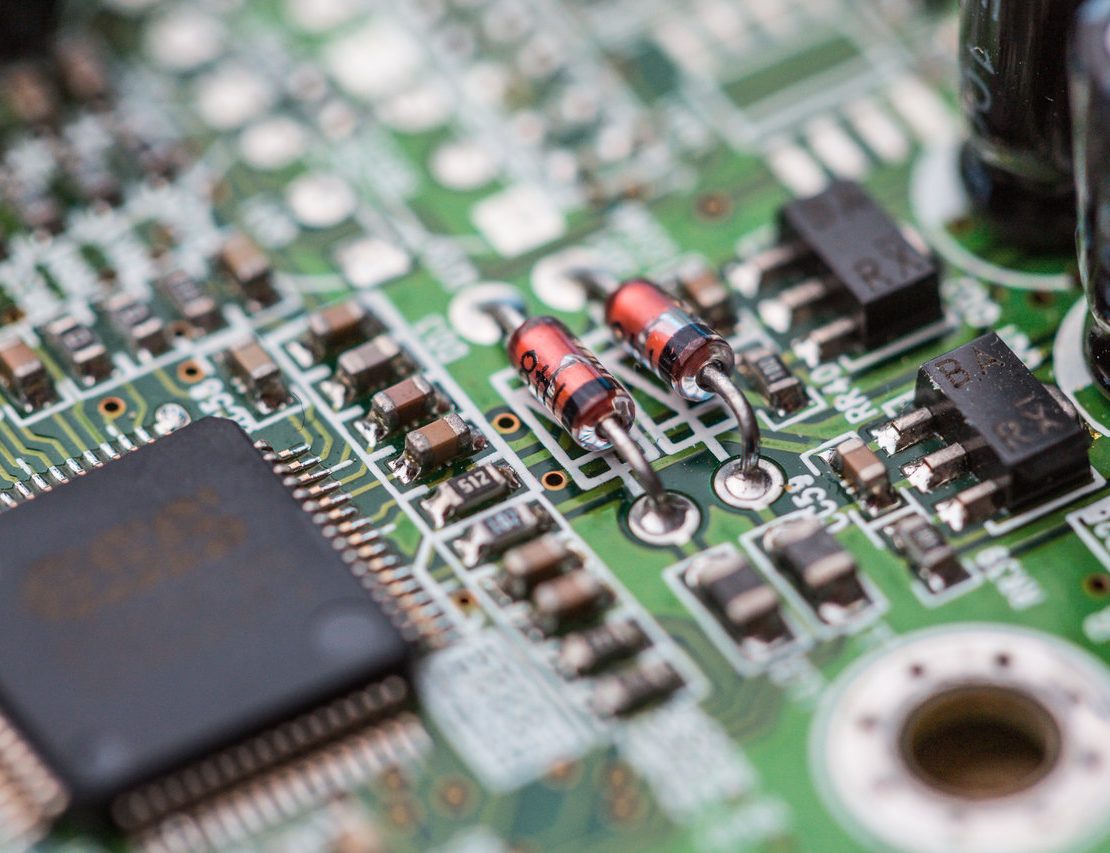Micro market company Three Square Market is all over the news for putting new tech into their system—but this isn’t related to the self-checkout technology they’re known for. At least not totally.
The company is under fire for installing microchips into their employees. The chips, around as small as a grain of rice, have been injected into the hands of several employees who volunteered. The reason they have for voluntarily subjecting themselves to having a chip injected into their hands? The ability to log in to computers and copiers, unlock office doors, and make purchases at the office minimart with just a wave of their hand.
Three Square also offers a non-“intrusive” option for those who want to try out the technology but don’t want to commit to a skin-breaking procedure: The microchip can also be installed into a wearable ring or bracelet, says Three Square CEO Todd Westby.
Although the company reiterates that the microchip implants are completely voluntary, it still raises several concerns.
How safe is it really to have a chip implanted into you? And how safe are the information you carry?
While Three Square assured that the microchips they insert in their employees do not have GPS-tracking, the public concern over this technology is understandable. After all, having this chip injected into you could possibly give the company—or even a third party—access to not only your whereabouts, but also your habits (based on where you “swipe” “scan” your hands). There’s also the possibility that these companies may breach the agreement initially discussed with the microchipped employees, by surreptitiously adding chip-reading devices that could track activities beyond what was initially declared.
An article on Vice published in 2015 compared the pros and cons of such microchip technology. Aside from the privacy issue, the technology’s “obsolescence” is also a cause for concern. Writer Richard Wordsworth compares the microchip to the technology of a mobile phone, which will inevitably improve and update with time. But unlike mobile phones that can be stored away when a new model comes out in the market, replacing a microchip with a newer one involves surgery.
On the other hand, having microchip implants can act as additional security measures. For example, only people with certain codes in their microchips can access particular facilities or areas in an office. It can also help make queuing at airports faster, if microchips could be used as an extra means of identification, aside from passports.
Either way, it looks like before microchip technology can be fully implemented worldwide, there needs to be more studies on its health effects, along with ethical and moral assurances on its usage. Otherwise, there’s no way the public can accept this technology in peace.
Photos courtesy of Picjumbo.
Read more:
Scientists may have found an alternative for faulty storage systems
Curing anxiety through virtual reality
How to dispose your gadgets properly
Writer: PAULINE MIRANDA




